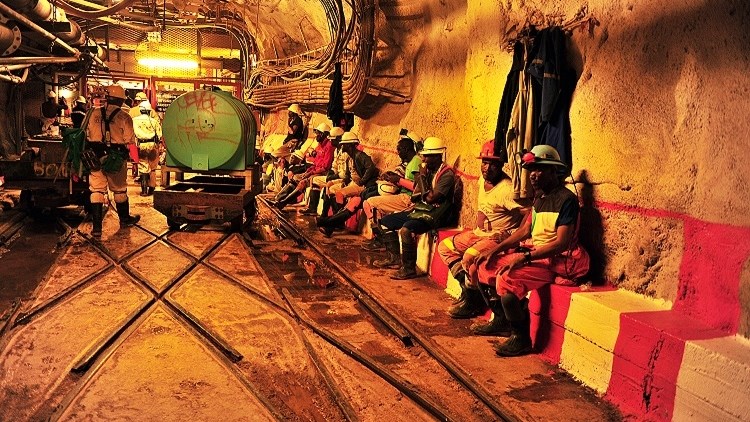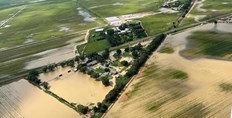Agri Hour
Agriculture could be solution to towns where mining operations closed down─── ELSABÉ RICHARD 05:30 Tue, 07 Sep 2021

Mining operations have become the backbone of numerous towns in South Africa, and as a result, many people located there are dependent on these operations to continuously make a living.
But what happens when the mine closes its gates? Buyambo Mantashe, Business Development Manager at Agri Enterprises, has figured that agriculture can be the solution to these mining towns, because “the fundamentals of these two sectors are extremely related and can ensure sustainability.”
See PODCAST below
This proposed solution was made known in a piece titled: ‘Recreating mining towns: Establishing alternative economies through agriculture.’
Mantashe, in an interview with OFM News, shared that at Agri Enterprises, they specialise in strategic solutions in agriculture and across the value chain, and that this was one of the possible solutions that they’ve looked into in order to help save and preserve jobs and livelihoods in mining towns, should mining operations come to an end there.
“Numerous towns such as Johannesburg, Boksburg, Rustenburg, and more recently, Kathu, have been built on the backbone of mining. Since the first diamond was discovered in the 1860s, the mining industry has impacted South Africa’s mining towns.
“This has resulted in the livelihoods of their populations becoming exclusively reliant on mining operations for their economic activity and existence.
“Needless to say, the economic sustainability of many of these towns becomes improbable when mining activity inevitably declines. It is, therefore, crucial that all stakeholders, led by mining companies and the government, proactively think about creating alternative economies that ensure these towns remain economically active beyond the life of the mines,” explains Mantashe in a statement.
He adds that mining and agriculture are quite similar in the sense that both these industries are primary producers, producing minerals and food, respectively. Both these industries employ a large number of South Africans as well as they are earners of foreign income in the revenue for South Africa.
According to Mantashe, transition from mining to agriculture could be a swift one as mining jobs as well as agricultural jobs are often low and semi-skilled jobs. Therefore, Agri Enterprises resolved that farming would be a definite solution for when there is an ultimate shutdown or a reduction of these mining activities.
Mantashe further explained that “the nexus between mining and agriculture for the economic development of mining towns, is often understated. What is becoming increasingly vital is that the economic and social considerations of these mining towns need to be taught now to create sustainable opportunities post mine closure.
“These socio-economic issues are challenging to address as they deal with human perceptions, hopes, and expectations, as well as fundamental matters of skills, jobs, local beneficiation, and sustained quality of life.”
Furthermore, Mantashe says that this calls for a conversation between government, mines, and those in the agricultural sector.
“There has been an indication that some stakeholders are starting to think about the need to create alternative economies and revitalise previously prosperous mining towns. Mining companies are realising the need for such interventions and the Industrial Development Corporation (IDC), through funding from Agence Française de Développement (AFD), highlighted that that there is a need for timely planning for mine closures.
“Therefore, this is an important process that companies and towns alike ought to undertake early in the life of a mine, to avoid negative environmental, health, and socio-economic legacies. Mine closure planning should be linked with planning frameworks of local governments, such as integrated development plans (IDPs), local economic development (LED) plans, and spatial development,” he concludes.
OFM News














